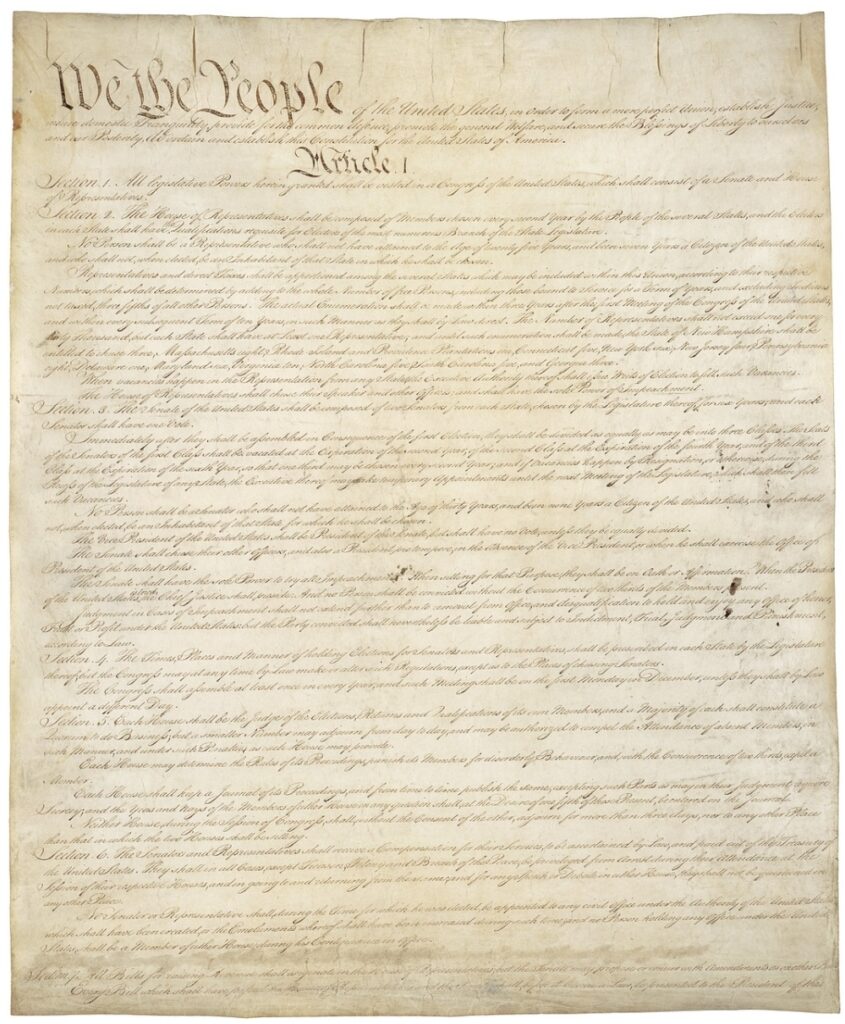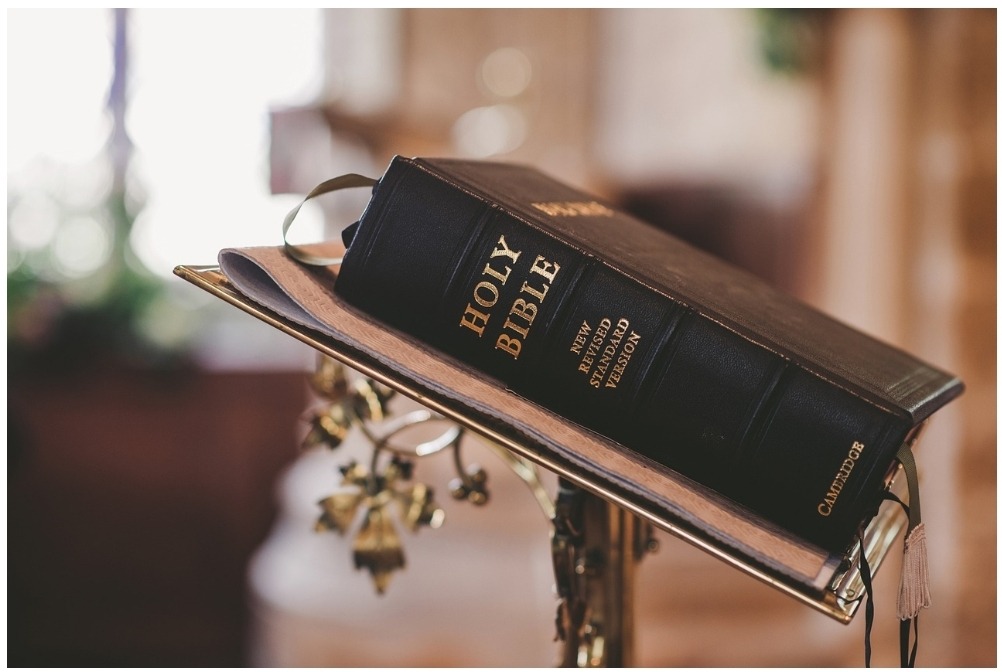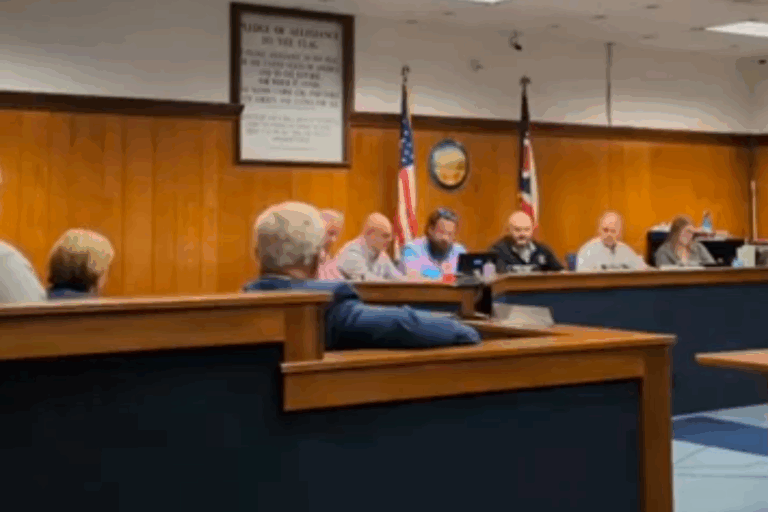
Mike Dewine signs new Religious Expression Law in Ohio.
Ohio Legislators passed a law on Wednesday that guarantees students the right to express their religious beliefs in public schools. Known as the Student Religious Liberties Act, this legislation was signed into law by Governor Mike DeWine. The law allows students to engage in religious expression before, during, and after school hours in the same way they can engage in secular activities. It ensures that religious content can be included in school assignments without penalty or reward based on its nature. This includes activities like prayer, religious clubs, and wearing religious symbols (Ohio House of Representatives) (Decision Magazine) (Christian Post).

The law has garnered both support and criticism. Proponents argue it reinforces students’ First Amendment rights and prevents discrimination based on religious expression. Critics, including the ACLU of Ohio, argue that the law is unnecessary since students already have these rights under existing protections and express concerns about its implementation (Decision Magazine) (Christian Post).

However, the law has garnered significant opposition as well. Critics, including the ACLU of Ohio, argue that the law is unnecessary since students already have these rights under existing protections. They also express concerns about the implementation of the law and its potential for unintended consequences. Gary Daniels, chief lobbyist for the ACLU of Ohio, stated that students already have the fundamental right to pray and express their religious beliefs as long as it is not disruptive. He also raised concerns about the provision for a moment of silence, questioning its constitutionality based on previous court rulings (Decision Magazine) (Christian Post).


The Student Religious Liberties Act is set to go into effect in January of next year. Schools across Ohio have ninety days to adapt their policies to comply with the new law, ensuring that religious expression is treated equally with secular activities. This may involve training for teachers and administrators to understand the nuances of the law and to ensure that students’ rights are protected while maintaining the academic integrity of the school environment (Ohio House of Representatives) (Decision Magazine) (Christian Post).






